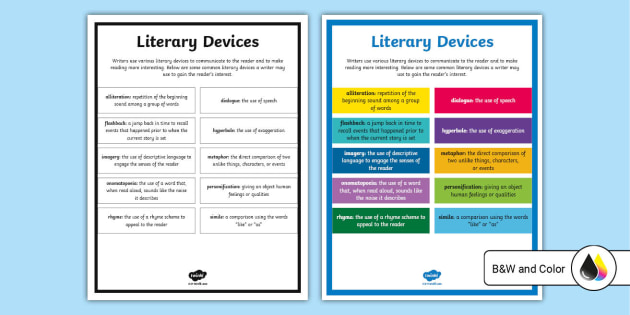Literary elements are the building blocks of literature. They are the fundamental components that make up a story or poem and contribute to the overall meaning and impact of the work. These elements include things like plot, character, setting, theme, point of view, and tone. Understanding and analyzing these elements is essential to understanding and appreciating a work of literature.
Plot is the sequence of events that make up a story. It includes the exposition, rising action, climax, falling action, and resolution. The exposition is the introduction to the story, where the characters and setting are established. The rising action is the series of events that lead up to the climax, or the most intense or important moment in the story. The falling action is the series of events that occur after the climax, leading to the resolution, or the final outcome of the story.
Characters are the people or creatures that inhabit a story. They can be the protagonist, or main character, the antagonist, or the character who stands in opposition to the protagonist, and the supporting characters, who help to move the plot forward. The development of characters is an important aspect of literature, as it helps to create a sense of realism and depth in the story.
Setting is the time and place in which a story takes place. It can include the physical location, as well as the historical and cultural context. The setting can have a significant impact on the characters and the plot, and can help to create a sense of atmosphere and mood.
Theme is the central idea or message of a work of literature. It is the underlying meaning that the author is trying to convey through the story or poem. The theme can be explicit, or stated outright, or it can be implicit, or implied through the events and characters of the story.
Point of view is the perspective from which a story is told. It can be first-person, where the narrator is a character in the story, or third-person, where the narrator is not a character in the story. The point of view can affect how the reader experiences the story and how they perceive the characters and events.
Tone is the overall mood or feeling of a work of literature. It can be serious, light-hearted, ironic, or any number of other emotions. The tone is often conveyed through the language and style of the writing, as well as through the characters and events of the story.
In conclusion, literary elements are the fundamental components that make up a work of literature. Understanding and analyzing these elements is essential to understanding and appreciating the meaning and impact of a story or poem.







